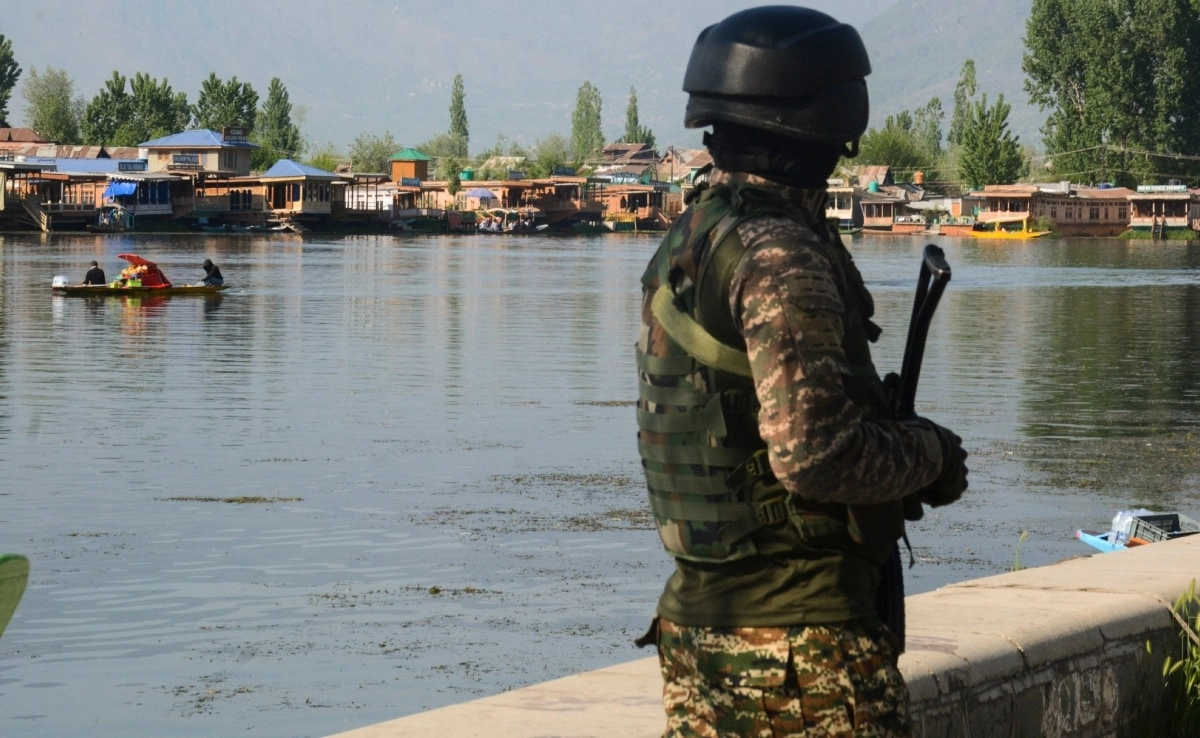During the eighth day of the Parliament’s Monsoon Session, a significant update emerged regarding the diplomatic interactions between India and the United States. External Affairs Minister S. Jaishankar provided crucial information, stating that there were no phone calls exchanged between Prime Minister Narendra Modi and former President Donald Trump from April 22 to June 16. This revelation came during a session where various issues were being discussed, and it drew attention to the nature of the ongoing diplomatic relations between the two nations during that period.
The absence of direct communication between the leaders of India and the United States could indicate a shift in diplomatic engagement or priorities. Such gaps in communication may raise questions among policymakers and analysts about the status of bilateral relations during crucial months. The timing of the statement is particularly interesting, as it falls within a period marked by various geopolitical developments, including tensions in Asia and challenges posed by the pandemic. It underscores the importance of dialogue between nations, especially between two major democracies like India and the U.S., which share significant strategic and economic interests.
Moreover, the implications of this lack of communication could be far-reaching. It might reflect broader issues within international relations, including the dynamics of leadership changes and their effects on foreign policy. As the world continues to navigate complex challenges, the need for consistent dialogue and collaboration between nations has never been more critical. The insights shared by Jaishankar during the session serve as a reminder of the intricate web of diplomacy that characterizes global politics, particularly in times of uncertainty.
In conclusion, the information shared by S. Jaishankar highlights the importance of communication between world leaders and the potential consequences of its absence. As India and the United States continue to engage on various fronts, it will be essential to monitor how their diplomatic relations evolve in the wake of these revelations. The ongoing Monsoon Session of Parliament will likely address these issues further, shedding light on the government’s approach to foreign policy and international relations in a rapidly changing global landscape.




